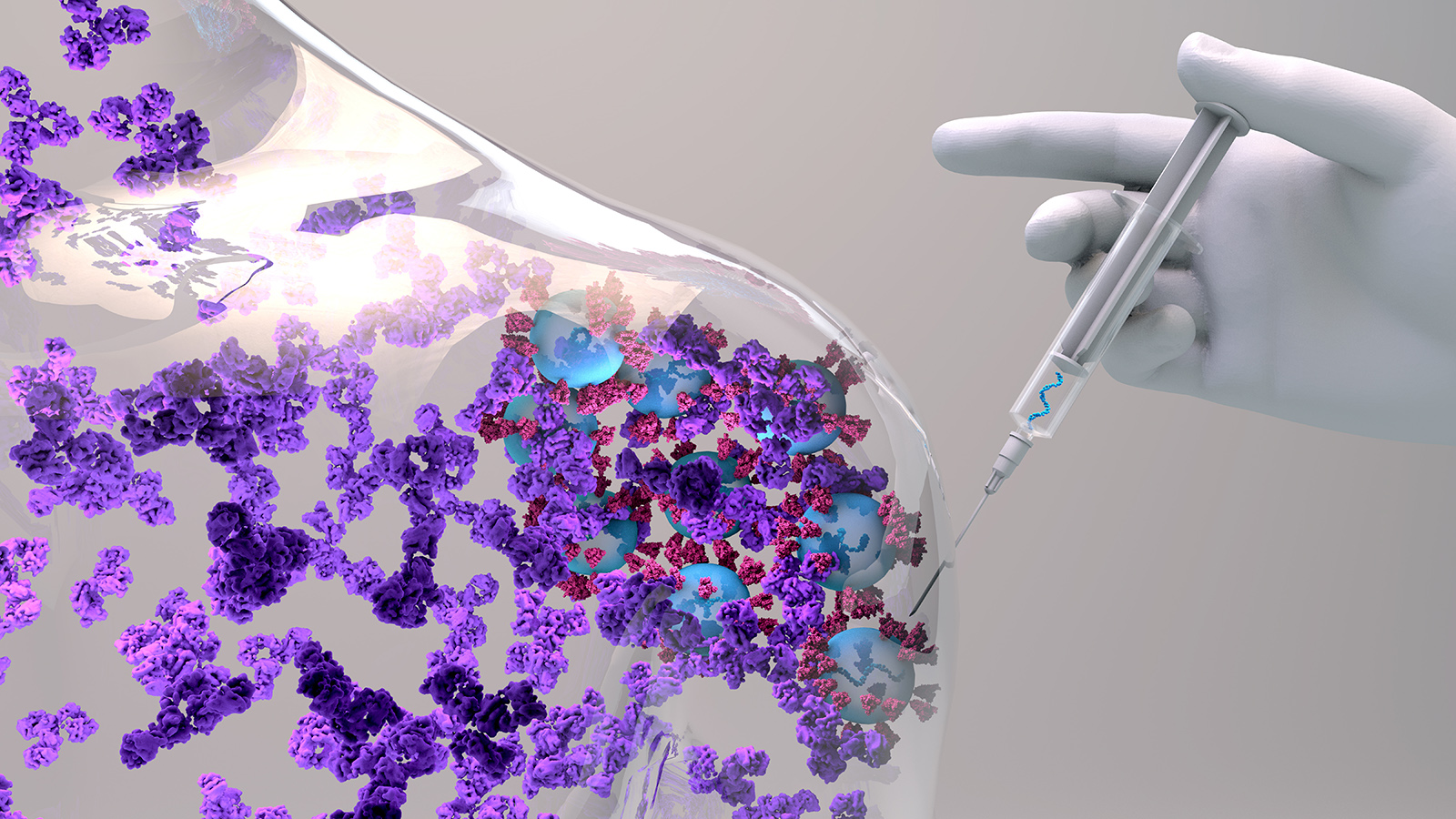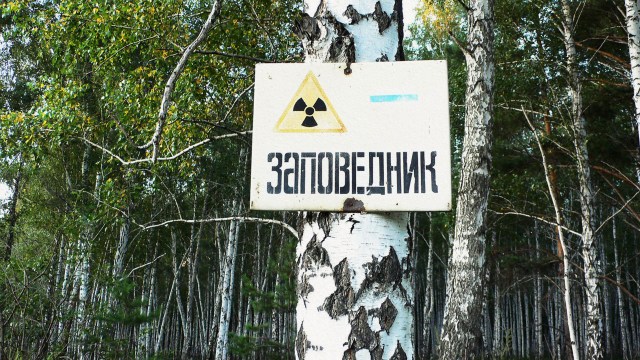Our irrational fear of risk is holding back life-saving medical research

- There are cases when it makes sense to offer enrollment in medical research that carries real risks.
- A “challenge trial” — in which subjects are given a vaccine or placebo and then deliberately exposed to an infectious disease — can speed up the testing process, potentially saving lives.
- If and when the next pandemic arrives, a reasonable young person might see it as an opportunity to take a real risk for the benefit of their grandparents and of the public at large.
Until now, Institutional Research Boards (IRBs) have seen experimental risk as the enemy, and research that posed a measurable risk has been considered presumptively unethical. This needs to change, since risk should be seen as something to be considered with care and managed wisely, not rejected out of hand. When IRBs permit informed subjects to accept a measure of risk, it is not only good for science, it respects potential subjects’ autonomy.
Challenge testing for COVID vaccines is a good example of hazardous research that might be worth approving. Most vaccines are tested by taking a large number of subjects, giving the vaccine to half and a placebo to the other half, and waiting for people to get infected. Since the number of people infected is relatively small, vaccine trials are slow. Novavax, for instance, was proud to announce the efficacy of its COVID vaccine in July 2021, with 63 cases of infection in the placebo group and only 14 in those who received the vaccine (none severe). To obtain this result, Novavax enrolled 30,000 people.
The same proof of efficacy could have been achieved far faster by a challenge trial, in which subjects are given the vaccine or a placebo and then deliberately exposed to the virus. Such a study for Ebola could not be justified, since it kills about half of its victims. COVID is different, since its fatality rate is much lower, and it is lower yet among young adults. Early in the pandemic, before vaccines became available, the risk of death among those aged 75 to 84 was 200 times the risk for those between 18 and 29. A challenge trial would exclude young people with diabetes, hypertension, or heart or kidney conditions, further reducing the risk of serious illness and death. The idea of the challenge trial is to test a vaccine in the healthy young to get a rough idea of its likely value in the old and infirm, and it has been forcefully promoted by Rutgers ethicist Nir Eyal.
Jeffrey Kahn is director of the Johns Hopkins Berman Institute of Bioethics. In November 2020, he and his coauthors argued that a COVID challenge trial should not be conducted, in part because such a trial would present serious ethical problems. They observed that, while young people are less likely to suffer serious problems from COVID infection, the risk is not zero, and the vaccine being tested might itself pose risks. There are, the group wrote, “many unknowns” that would make it impossible to accurately predict the risk of participation. This uncertainty “makes adequate disclosure next to impossible in the informed consent process.”
The five authors of this report hold one MD, two JDs, and three PhDs, and they have extensive experience in ethics, so their opinion warrants respectful consideration. They are certainly correct that early in the pandemic, before any vaccine had been approved, there was no way to know the vaccine’s side effects or the long-term risks of infection, and there were other uncertainties as well.
Yet much was known. Most importantly, it was known that the death toll in the young was in the thousands, while in the old it was in the hundreds of thousands. I think a reasonable young person might see this as a chance to take a real risk for the benefit of their grandparents and of the public at large. In my opinion, there are times when it makes sense to offer enrollment in research with real risks. The COVID vaccine challenge trial is a case in point.
Kahn’s group has an average age of 60, and I am uncomfortable with them telling people in their 20’s what risks they may take.
Kahn and his coauthors disagreed, justifying their position by the uncertainty of the risks involved. Yet major life decisions always involve an element of uncertainty. No high school student makes a fully-informed decision about which college to attend, and even couples who have happily cohabited for years sometimes find that, when they marry, things are no longer the same. This might be for better or for worse, but the point is that major decisions are never made with the luxury of complete knowledge.
Kahn’s group has an average age of 60, and I am uncomfortable with them telling people in their 20’s what risks they may take. If a young potential subject decides that the pandemic crisis justifies taking a risk, that decision is not only reasonable, but laudable. When we allow them to accept a measure of risk, we respect their right to choose. Even philosopher Hans Jonas might approve, for despite his intense concern with protection of the individual, he recognized that “otherwise inviolable prohibitions and taboos” may need to be lifted in a state of emergency.
Although potential subjects have a right to accept some risk, I think the level should be capped. Some people are very risk tolerant, as the popularity of rock climbing and white water rafting attest, and some would no doubt accept substantial experimental risks. But in ordinary circumstances the IRBs of the future should not permit research in which serious injury or death is likely. This will to some extent restrict the autonomous choice of potential subjects, but science can make adequate progress against cancer and heart disease without allowing people to volunteer as martyrs.
This leads to another issue that American research institutions and government agencies pretend doesn’t exist — the need for care of subjects who become sick or are injured in an experiment. The regulations require that subjects be informed as to whether they will receive compensation or medical care if they are injured as the result of an experiment. It does not require that they be given any compensation or care. Scientists have in the past purchased insurance for harm suffered during research. Experts and commissions have periodically recommended that this practice be resumed, and workable models in other areas, including no-fault workers’ compensation systems, could be adapted to the research context. Almost every other country that is a major research sponsor already has such a system in place.





